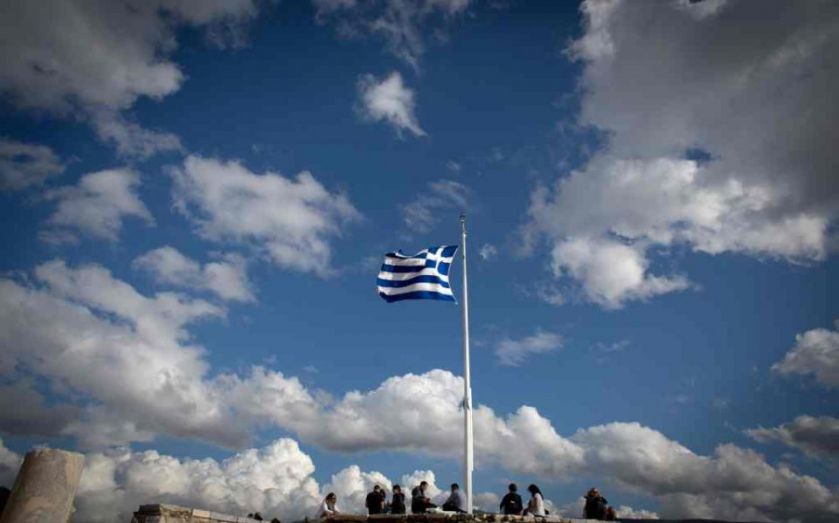More Greek tragedies, plus another excuse to break the internet: What got us talking this week

Greece was still the word
The cat-and-mouse game between Greek finance minister Yanis Varoufakis and his German counterpart, Wolfgang Schaeuble, had everyone guessing. The result? At the time of writing, the Eurogroup was still in negotiations.
In the meantime, we've been trying to work out exactly what Varoufakis' leather jacket means, who Greece actually owes, and what the chances of a Grexit are (and whether it'll have an impact on other Eurozone economies).
Although to be honest, it's all unlikely to matter much. Varoufakis is probably just gaming us all anyway.
Oil prices bounced around like an old rubber ball. One minute, Brent crude was hitting its highest price since just before Christmas. The next, it was down below $60 per barrel again, after it turned out inventory in the US was more than four times what everyone thought it was.
Basically, no one has any idea what's going to happen next. Although there are some who believe $10 oil is a very real possibility.
The row over HSBC's private banking arm continued to rage, with George Osborne remaining mysteriously silent on the matter. The bank is now at the centre of several investigations, while its Geneva office was raided on Wednesday. To save its tattered reputation, the bank must remember the most important acronym in the banking lexicon: KYC.
In tech news, Snapchat became the biggest venture-backed firm since Uber and also Xiaomi, after began a new, $500m funding round. Its new, $19bn valuation means it's worth more than the GDP of Iceland, and most companies listed on Nasdaq, and over two-thirds of FTSE 100 firms. IPO soon, yeah?
Leisurely reads
Can we believe HSBC when it promises us it's changed? Yes, decided Jay Vaananen. You just have to look at the increase in its compliance headcount to realise it's a very different creature to the one it was a decade ago.
Photoshop celebrated its quarter century this week. But do you know what the first Photoshop fail was? Here's a short history of the world's most divisive piece of software.
As oil prices continued their slide, BP released its annual energy outlook, outlining the most likely trajectory of the global energy sector for the next 20 years. Will oil demand rise again? Will shale gas become more important in the energy mix? Will we finally work out how to violate the laws of thermodynamics and invent a perpetual motion machine? Here are our four key takeaways.
Great reads from elsewhere
Media ethics took a front seat this week when senior Telegraph columnist Peter Oborne announced his intention to resign because of the paper's lack of coverage of the HSBC scandal. Whatever your view on the issue (and the Telegraph itself hit back pretty forcefully), it's a fascinating insight into the inner workings of one of the UK's oldest media organisations.
The New Yorker looked, in impressive detail, at the life and times of Apple designer Jonathan Ive. In some respects, the great man is the same as the rest of us – before new launches he is "always anxious". In others, he's definitely not – someone once gave him a seven-inch Playmobil model of him, complete with off-white Valextra briefcase.
And, to end where we began, Varoufakis (who seemed to have a surprising amount of time on his hands this week to pose/go to the theatre/write columns for newspapers) took to the New York Times to assure everyone he definitely wasn't using game theory in his negotiations with the Eurogroup. Alright, Yanis. We believe you. Millions wouldn't…